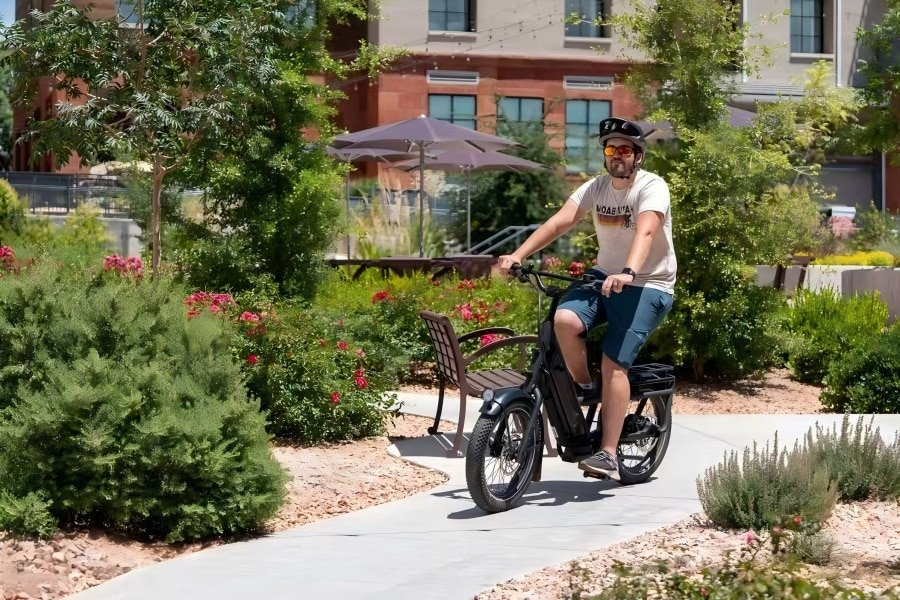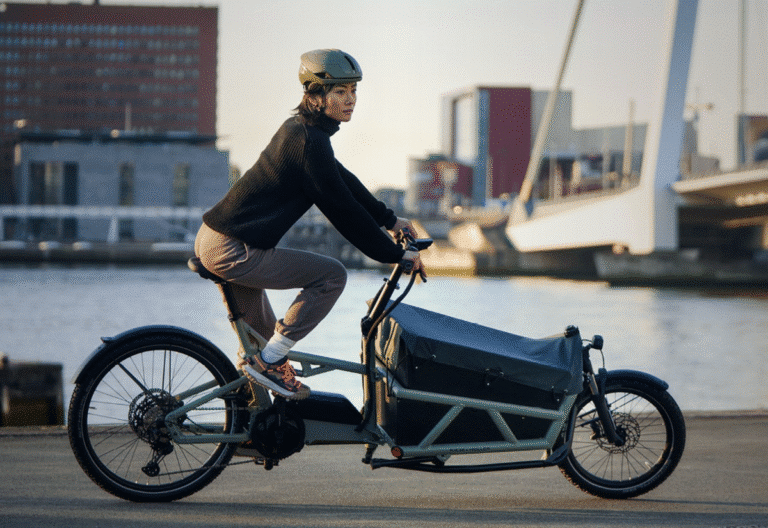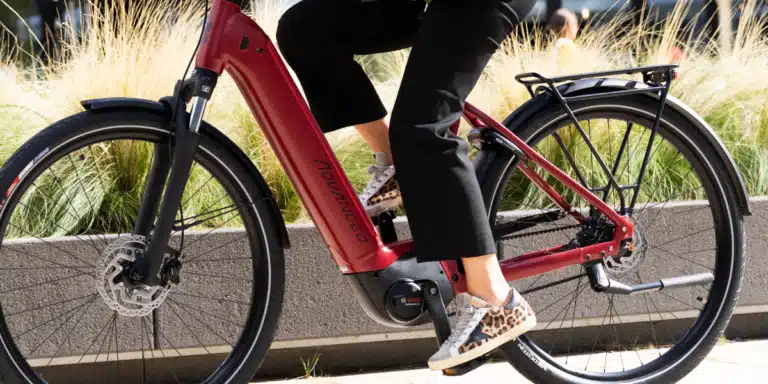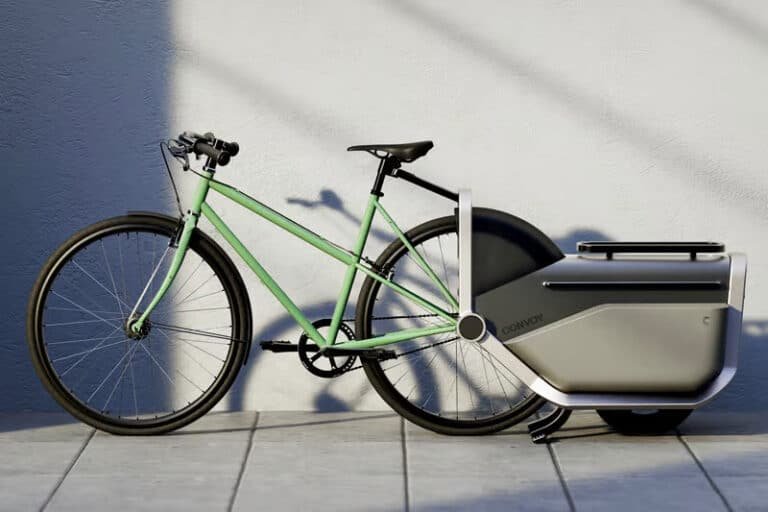Here’s a detailed roundup of three key developments—New York City’s new e-bike speed limit, a maIntroduction
The world of micromobility is undergoing a transformation, and the first half of June 2025 has brought three major developments to the forefront. These changes—regulatory, technical, and commercial—are redefining how cities manage electric mobility, how companies respond to safety issues, and how premium e-bike brands are targeting urban riders. Whether you are a policymaker, fleet operator, or retailer, staying informed about these trends is essential to understanding the direction of this fast-moving industry. This update unpacks New York City’s new e-bike speed cap, a product recall from Specialized, and the return of VanMoof with its high-end S6 series. These are not isolated stories; rather, they collectively signal a broader shift in how cities and businesses navigate safety, innovation, and mobility culture.
1. NYC Enforces 15 mph E-Bike Speed Limit
New York City has introduced a sweeping regulation that mandates a 15 mph (approximately 24 km/h) speed limit for all pedal-assist electric bikes and e-scooters operating within its jurisdiction. Announced by Mayor Eric Adams, the initiative is aimed at improving pedestrian safety and reducing collisions in one of the most densely populated urban environments in the world. Importantly, this regulation includes both personal and commercial vehicles, and it is already being implemented across major rental platforms like Citi Bike.
This development carries several implications:
- Scope and Legal Grounding: Mayor Adams claims the authority to enforce this rule under “Sammy’s Law,” a legislative tool intended to lower citywide speed limits without full council approval. However, this move has been met with pushback from local lawmakers who argue that broader consensus and formal bill passage are necessary.
- Operational Impact: For companies like Citi Bike, the response has been swift. Their pedal-assist bikes are already being reprogrammed to comply with the new speed threshold. However, enforcement remains problematic. Many bikes do not come with visible speedometers, and riders often rely on app-based performance metrics, which can be inaccurate or difficult to verify in real time.
- Enforcement and Equity: NYPD has begun issuing criminal summonses for violations, but a significant portion of these have reportedly been dismissed in court. This raises concerns about equitable enforcement and the practical challenges of applying a uniform rule to such a diverse group of users.
- Public Sentiment and Alternatives: Safety advocates largely support the measure, citing its potential to reduce injuries. However, delivery workers and mobility advocates contend that the policy unfairly targets lower-income riders and gig workers who depend on e-bikes for speed and efficiency. Some suggest the city should instead focus on reducing vehicle speeds and expanding bike infrastructure.
What this means going forward: expect further debate on the regulation’s legality, calls for investment in separate delivery lanes, and perhaps the introduction of city-issued speed-control technology or certified e-bike models.
2. Specialized Recalls Globe Haul ST & LT Models
Specialized Bicycle Components, one of the industry’s most respected manufacturers, has announced a voluntary recall of approximately 11,100 Globe Haul ST and LT e-bike models. The recall was initiated after the company received 13 reports of the bikes’ telescoping seatposts failing—two of which resulted in minor injuries such as scrapes and bruises. The affected models were sold between January 2023 and March 2025 and are priced in the range of US$2,500 to US$3,500.
This move represents both a safety measure and a strategic brand action:
- Recall Details: The issue lies in the structural integrity of the 13-inch telescopic seatpost. When fully extended, the post can fracture under rider weight, especially during acceleration or uneven road conditions. Specialized has advised customers to immediately stop using the bikes and visit an authorized dealer for a free seatpost replacement.
- Retailer Responsibilities: This recall poses logistical challenges for bike shops and Specialized partners. Dealers must inspect affected models, process repairs or replacements, and reassure customers—all of which can place pressure on parts availability and in-store service times.
- Consumer Reaction and Brand Trust: Despite the inconvenience, Specialized’s transparent approach may help maintain consumer trust. The recall demonstrates the company’s willingness to act swiftly and prioritize safety—an increasingly important value proposition as the e-bike market grows.
- Broader Implications: This incident highlights the importance of rigorous quality control and traceability, especially in high-torque components like seatposts and frames. It could also influence future regulation, requiring more stringent product testing or component certification across the micromobility industry.
In an age where e-bikes are gaining mainstream traction, such recalls remind both consumers and regulators that safety is not optional—it’s foundational.
3. VanMoof Returns With the Premium S6 Series
Dutch e-bike pioneer VanMoof has staged a significant comeback with the launch of its new S6 and S6 Open models, signaling a bold new chapter after its bankruptcy and subsequent acquisition by McLaren Applied Technologies. These new models are intended to reestablish VanMoof’s reputation for innovation, security, and urban design excellence.
Key features and market strategy:
- Technical Specifications: The S6 lineup features a 250 W front hub motor and VanMoof’s proprietary AutoShift 3-speed gear system. The integrated 487 Wh battery offers a real-world range of up to 150 km (depending on usage mode and terrain), with a full charge time of approximately 6.5 hours.
- Security System: Building on VanMoof’s heritage, the S6 includes a built-in kick-lock, sonic alarm, and a one-year theft recovery subscription. This triple-layered approach is designed to deter theft and provide peace of mind for urban users.
- Design Options: The S6 is available in two frame styles—step-over and step-through (S6 Open)—and weighs between 22 and 23.5 kg. The bikes retail at €3,298 (around US$3,825), with a €150 deposit required for pre-orders.
- Target Audience and Positioning: VanMoof is clearly aiming at premium urban commuters and lifestyle-conscious riders. The price point and features place the S6 in competition with high-end models from Cowboy, Stromer, and Riese & Müller.
- Retail and Support Strategy: The company promises expanded after-sales support, longer warranties, and availability through a mix of direct sales and certified partner stores—a response to past criticism of poor post-sale service.
By combining premium specs with advanced security features, VanMoof hopes to rebuild not only its business but also consumer trust. With McLaren’s engineering pedigree in the background, the S6 may well set a new benchmark for urban micromobility.
Summary Table
| Topic | Key Change | Industry Implication |
| NYC 15 mph speed cap | Speed limited to 15 mph citywide | Needs enforcement; may reduce injuries; creates disparity |
| Globe Haul recall | Stop 11,100 units; free seatpost replacements | Retail logistics impacted; brand reputation test |
| VanMoof S6 launch | New models with AutoShift, alarm, 150 km range | Premium positioning; rental and retail focus shift |
Conclusion: A Transforming Micromobility Landscape
Together, these three updates encapsulate the dynamic evolution of micromobility in urban settings. From city-led safety initiatives to manufacturer recalls and brand reinventions, we’re seeing a convergence of regulation, accountability, and innovation. The NYC speed limit aims to protect vulnerable road users—but raises questions about how best to enforce such rules. Specialized’s recall demonstrates the importance of ongoing quality assurance in the fast-moving e-bike market. Meanwhile, VanMoof’s product revival represents a bold push toward premium, secure e-bikes that can redefine user expectations.
For retailers, this means educating customers not just on product features but also legal compliance. For city officials, it requires balancing safety with mobility needs. For delivery services, product recalls and speed limits are operational risks that require adaptation. And for consumers, trust—in brands, in infrastructure, in governance—is becoming the cornerstone of adoption.
The industry isn’t just growing—it’s maturing. And that means every stakeholder needs to evolve with it.
Image Copyright Disclaimer
Some images used on this website/article are sourced from the internet and are intended solely for illustrative and educational purposes to enhance content understanding. We respect the intellectual property rights of original creators and strive to credit sources where applicable.
If you are the rightful owner of any image displayed here and believe its use constitutes a copyright infringement, please contact us at info@regencargobikes.com. Upon verification, we will promptly remove the image or provide appropriate attribution.
Thank you for your understanding.
© Regen Technology Co., Ltd.








